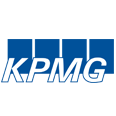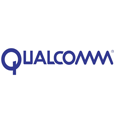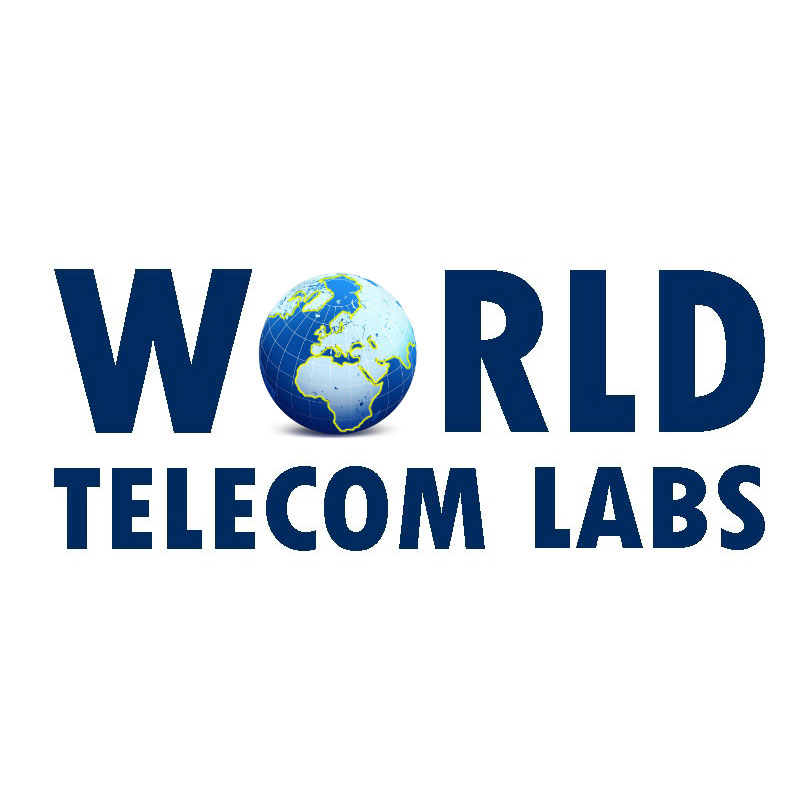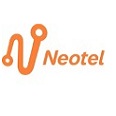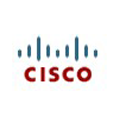 BeyondWords
BeyondWords
When Deutsche Telekom CEO Tim Höttges talks about “radical transformation”, it’s not the kind that we hear in South Africa sprouted by now-discredited political factions.
Höttges means telecommunications infrastructure and the overhaul of the way broadband operators need to adapt to massive changes the world has seen in the past few decades.
Speaking in person during last week’s second keynote of MWC Barcelona, the world’s largest mobile conference, which has been held virtually for the last three years, Höttges gave an energetic and heartfelt appeal to his industry and regulators.
As he pointed out, just six companies are creating more than 60% of all of our content. These large businesses — whose giant data centres are called hyperscalers — are Apple, Amazon, Microsoft, Google, Facebook and Netflix. They are the new kings of the content game.
Earlier, Orange CEO Christel Heydemann gave the same bad news, saying five content companies make up 55% of internet traffic.
Telcos have been left behind in many respects, having aggressively built up their networks but losing the race for profit to the content makers and streamers. Finding a way to monetise the massive investments to build faster 5G networks is proving difficult, hence a new push to get streaming companies to pay for the data traffic they use. Called “fair share”, it is the latest version of a decade-old idea of trying to get content providers to shoulder some of the costs.
Visit Daily Maverick’s home page for more news, analysis and investigations
Höttges put up a slide featuring giant blocks of colour, jokingly calling it an $8-trillion picture. “Is this a Mondrian?” he joked, referring to the famous artist who made his fortune painting lurid blocks of bright colours.
Instead, the diagram shows the market caps of Apple, Amazon, Microsoft, Google and Facebook (the largest block) versus the value of US telcos (a thin strip down the side) and then European telcos (the smallest of the portions, at the bottom of the US telco column).
To stay ahead of the innovation curve of other businesses and services, countries and their companies need to spend at least 6% a year. Germany’s is only at 1%, he said.
It’s pointless to ask how much South Africa is spending, because, well, it isn’t. Certainly not on essentials like power or water infrastructure and definitely not in any meaningful way on nurturing any home-grown innovation.
The GSMA, a telecoms industry body representing 750 mobile operators that organised MWC Barcelona, announced a new initiative called the Open Gateway framework. Currently, developers have to customise their software for different networks and platforms, which the GSMA hopes to resolve through this initiative so they will have uniform application programming interfaces (APIs) to work on many operators’ networks.
GSMA Director-General Mats Granryd hopes that “by applying the concept of interconnection for operators to the API economy, developers can utilise technology once, for services such as identity, cyber security or billing, but with the potential to be integrated with every operator worldwide. This is a profound change in the way we design and deliver services”.
He reminded people: “In 1987, representatives from 13 countries worked together to harmonise mobile voice services and enable roaming, and I believe that 35 years on, GSMA Open Gateway has the potential to deliver a similar impact for digital services.”
There are many critics of the telcos who argue they are getting their due comeuppance. After decades of charging unrealistic prices for voice calls and for SMSes — at one time the most widely used form of messaging and the most expensive — they failed to adapt their business model when co-called over-the-top businesses like social media and messaging apps became the primary reason we use our smartphones.
These are debates that are going to rage for several more years, as operators and streamers evolve. As always, with more competition, consumers are the winners.




